Long before UK Garage was tearing up clubs and pirate radio stations, its roots were quietly forming on the other side of the Atlantic. To truly understand the sound and culture of UKG, we need to rewind the tape and dig into its deep origins — a journey that spans continents, cultures, and countless rewinds.
It Started in the U.S. — But Britain Made It Its Own
The term “garage” originally comes from the New York club Paradise Garage, where DJ Larry Levan was known for playing soulful, vocal-heavy house music in the late ’70s and early ’80s. This “garage house” style made its way across the pond and quickly found a home with UK ravers and DJs who were already embracing house and rave culture.
As this sound evolved through the early ’90s, British producers and DJs began to put their own spin on it — tweaking the tempo, adding breakbeats, and injecting a darker, bass-heavy energy that reflected life on the UK streets.
Speed Garage & 2-Step: A New Sound Emerges
In the mid-90s, producers like Armand Van Helden and Todd Edwards were already experimenting with chopped-up vocal samples and punchy basslines, which had a massive influence on UK club tracks.
Out of this fusion came speed garage — a heavier, faster style of garage music marked by rumbling sub-bass, shuffled hi-hats, and warping basslines. DJs like Tuff Jam, Dream Team, and DJ Zinc helped shape this new underground sound, which soon evolved into what we now know as 2-step garage — syncopated, soulful, and made for dancing.
Pirate Radio: The Real Lifeline of the Scene
While mainstream radio was slow to pick up on UKG, the streets weren’t waiting around. Pirate radio stations like Rinse FM, Deja Vu, Ice FM, and Freek FM became the lifeblood of the culture — playing raw, unreleased dubs straight from producers’ bedrooms.
These stations created a new kind of community: MCs, DJs, and listeners all locked in from estates across London, Birmingham, and beyond. It was DIY, rebellious, and electric — everything great about UK music.
The MC: A Voice for the People
One thing that made UK Garage different from its U.S. cousin was the role of the MC. What started as quick shoutouts and party vibes soon evolved into lyrical sparring, hosting, and freestyling — giving rise to legends like MC Creed, PSG, Viper, and later on, future grime icons like Wiley, Dizzee Rascal, and Kano.
The mic culture helped garage cross over into grime and UK bassline, proving that UKG was not just a genre, but a breeding ground for innovation.
From Underground to Mainstream
By the late ’90s, UK Garage had gone mainstream — with chart-topping hits from Artful Dodger, Craig David, Sweet Female Attitude, and So Solid Crew. But even as it topped the charts, the underground never let up.
Garage became the sound of black British youth, of multicultural cities, of raves, of pirate stations, of love, energy, and defiance.
Why the Foundations Still Matter Today
In 2025, UK Garage is seeing a full-blown revival — and it’s no surprise. The energy, soul, and swagger that made it great are timeless. Today’s producers, like Interplanetary Criminal, MPH, Oppidan, are paying homage to those early years while updating the formula for a new generation.
As Pure Garage returns and the culture continues to evolve, it’s essential to look back and honour the foundation: the soundsystems, the pirate airwaves, the DJs pushing vinyl in the crates, and the crowd who never stopped dancing.
UK Garage was born in the underground — and it’s still moving from the heart.
Written by: admin
Similar posts
Recent Comments
No comments to show.-
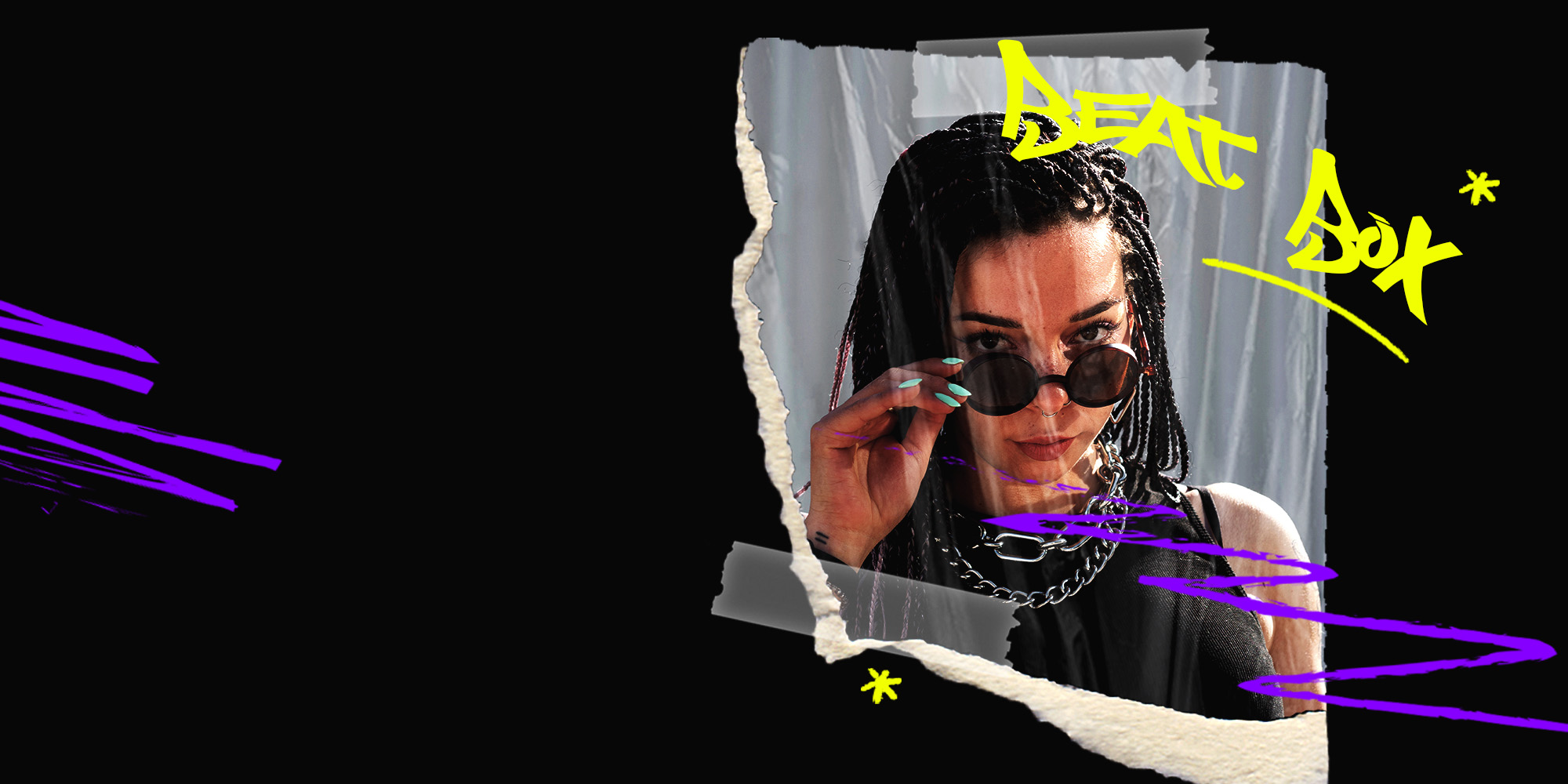
Beat Box
With Albert Philips
For every Show page the timetable is auomatically generated from the schedule, and you can set automatic carousels of Podcasts, Articles and Charts by simply choosing a category. Curabitur id lacus felis. Sed justo mauris, auctor eget tellus nec, pellentesque varius mauris. Sed eu congue nulla, et tincidunt justo. Aliquam semper faucibus odio id varius. Suspendisse varius laoreet sodales.
close Top popular
Copyright© Nat J Music 2025

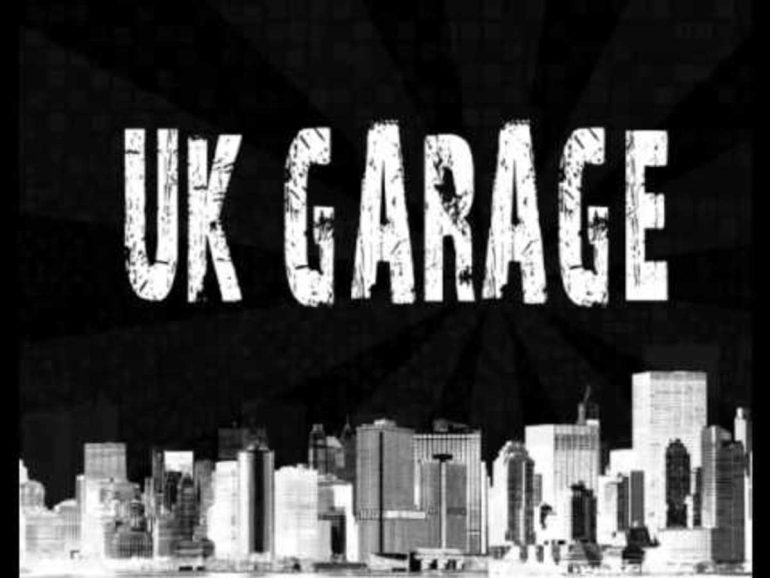


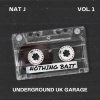
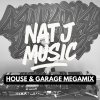
Post comments (0)